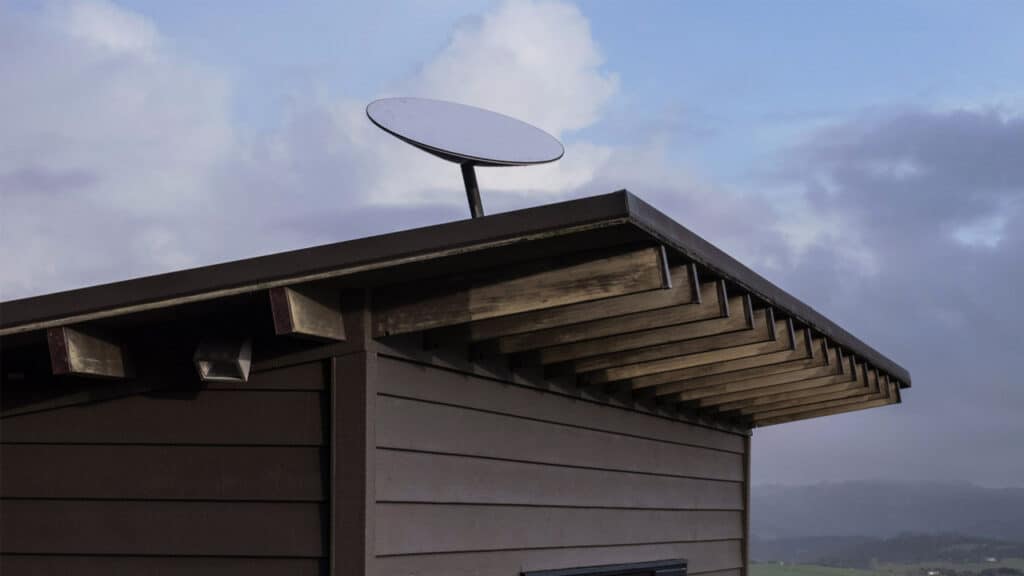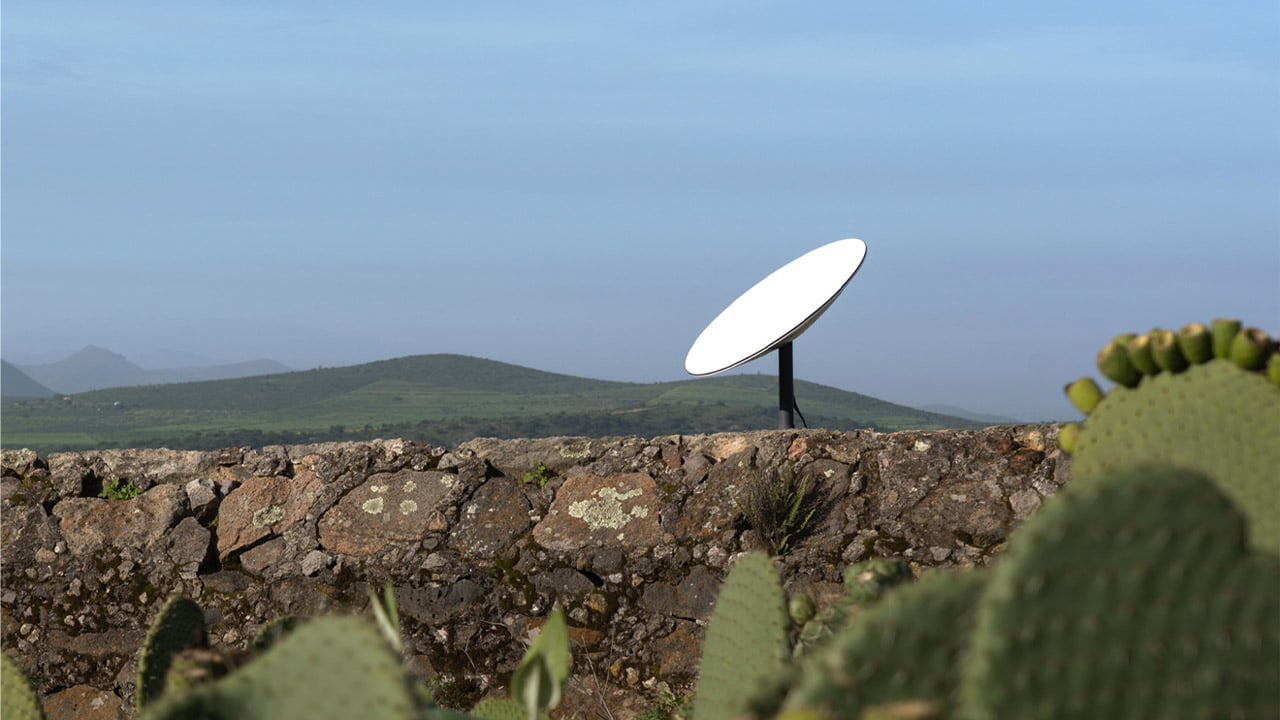Starlink for some time now has open pre-orders for its satellite internet service and many people rushed to pre-book their subscription and device to be able to use the service. Elon Musk’s project has excited many users, as it can potentially provide faster speed and a stable connection to those who are in rural areas or in any case with little coverage by traditional internet connection. But now a feature within the official site appears to be causing a delay in pre-orders, there is even talk of years, and there seems to be no solution at the moment.
If you change your Starlink pre-orders you will lose your place in line
As Ars Technica noted and The Verge later reported, some Reddit users would have taken advantage of the digital map functionality within your preorder, which allows you to change the location of your home with more precision. The result? By moving your position a few meters on the Starlink site, in order to be more accurate, users have lost their place on the pre-order list by moving the estimated date to 2023.
“I moved the location from the end of my driveway to my house, and as soon as I did the estimated date changed to 2022-2023,” says one user. “I moved the location of my barn to my house, which is literally 4 meters away, and now the estimated date is late 2022,” adds another user.
As Ars Technica reports, the map has always been present on the site. However, Starlink recently made some changes to the site layout pushing the map to the foreground and also showing a notification inviting users to accurately verify their location. Of course, anyone who checks their position by noticing even a few meters of inaccuracy would be forced to change the position. And the fact that Starlink does not warn that by moving your position you lose “your place in the line” it’s a big problem.
 Photo credits: Starlink.
Photo credits: Starlink.
A known problem
To tell the truth, it seems that this postponement of pre-orders is not really a novelty: from what some users say it has always been like this, but now that the map is in the foreground more and more people fall into the “trap”. “We’ve been warning users on Reddit for almost a year. If you don’t already have the service and you move your address, go straight to the end of the line, ”says one user.
As The Verge states, the Starlink project is really great on paper: it is able to bring the internet everywhere, even in the middle of the desert, as long as the famous satellite dish is installed. But it is small problems like these that risk undermining the great potential of the service. Also many users complain of poor customer service: those who have had problems have tried to contact Starlink via e-mail without ever receiving a reply.
Boeing also got the green light to build its constellation of satellites
The Starlink project has so far been able to afford to have some problems since, to all intents and purposes, it is among the first able to bring satellite internet on a large scale and everywhere. But soon it won’t, so it will have to refine its service to keep it ahead of the competition. Indeed Boeing recently got the green light to create its own constellation of satellites to bring the internet around the world. The Federal Communications Commission cleared Boeing’s project, which was first proposed in 2017. Now the company can proceed with the construction, launch and operation of its broadband satellite internet network, competing with Starlink.
Boeing’s plan calls for the placement of 132 satellites in low earth orbit, at an altitude of 1056 kilometers. Another 15 will be launched in “non-geostationary orbit” at an altitude between 27,355 km and 44,221 km. Boeing will initially focus on the United States, Puerto Rico and the US Virgin Islands, before moving around the world.
Boeing ha ora six years to launch half of its constellation of satellites and nine years to roll out the entire network. The company had asked the FCC to relax those requirements – it wanted to commit to launching only five satellites in the first six years and had asked for a 12-year window to launch the entire constellation – but the commission denied that request.















Leave a Reply
View Comments